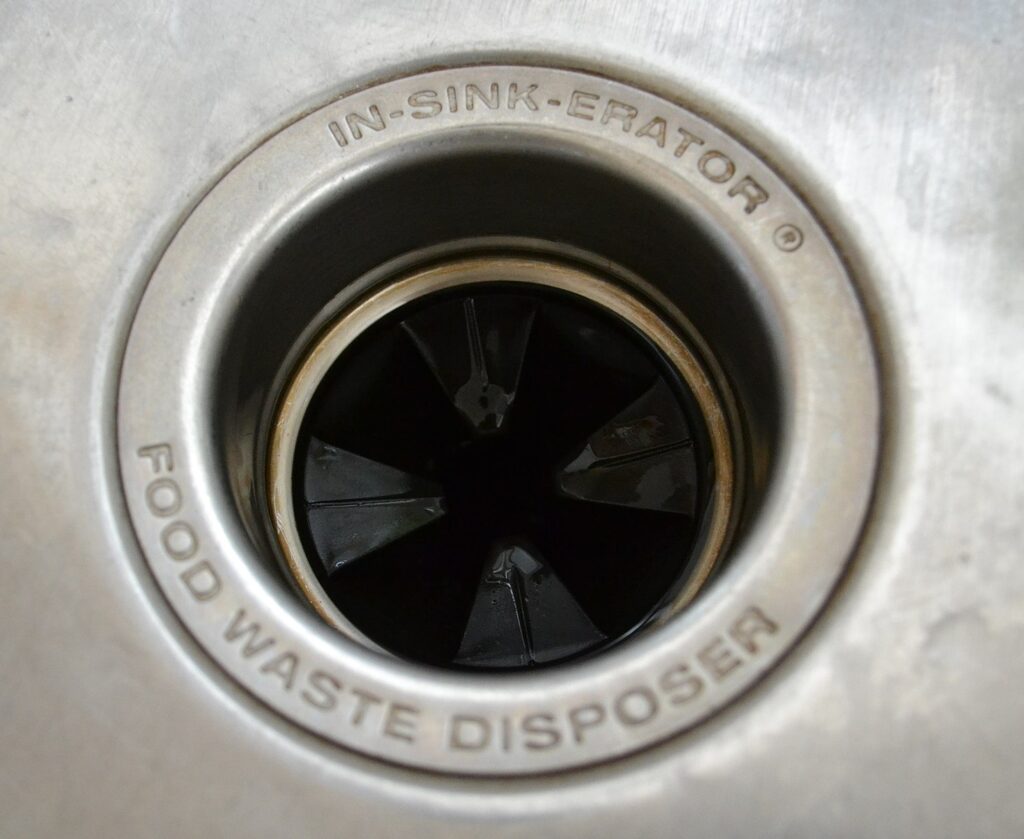A garbage disposal can provide convenience to your kitchen and prevent a kitchen sink clog. However, this is only true if you use your garbage disposal properly. There are dos and don’ts for garbage disposals, and being mindful of them will help keep your Denver plumbing in top condition.
Foods That You Shouldn’t Send Down The Garbage Disposal
While there are plenty of foods that you can successfully send down your garbage disposal, there are also many that you should avoid. The main foods to keep out of your garbage disposal include:
- Coffee grounds
One of the most common culprits of garbage disposal clogs is coffee grounds. Even the most finely-ground coffee will pack together tightly when wet. This can turn the grounds into a paste-like consistency. If you put the grounds down the disposal, they’ll eventually end up in the drain, filling it with stubborn sediment. This will increase your risk of a kitchen sink clog.
- Bones from animals
Chicken bones and bones from other types of meat shouldn’t end up in your garbage disposal. If they do, they could cause serious damage to the disposal. This is because animal bones are extremely hard. If your disposal tries to grind up the bones, damage to the blades could occur.
- Starchy foods
Foods that are high in starch, such as rice, pasta, bread, and even potato peels, can cause problems in your garbage disposal. These foods expand significantly when they absorb water, making it more likely for your kitchen sink to clog.
If you do want to try sending starchy foods down your garbage disposal, make sure to run the disposal for a minimum of 30 seconds while sending cold water down the drain. This will ensure that the food is broken down without expanding.
- Nuts, seeds, shells, and pits
Nuts, seeds, shells, and pits are all hard and can strain your garbage disposal. Sending them down the disposal can cause damage. Even soft nuts, like peanuts, can create issues in your garbage disposal. This is because the disposal will grind up the nuts and create a thick, sticky nut mixture. The ground-up nuts can coat your pipes and create the risk of a clog.
- Eggshells
Eggshells, unlike many rumors suggest, aren’t okay to put down the garbage disposal. The membranes of the eggshells can get wrapped up in the blades of the disposal and keep the appliance from working properly.
- Fibrous products
Fruits and vegetables that are fibrous or stringy can also get wrapped around your garbage disposal grinder. This can cause damage to your disposal. So, next time, think again before sending produce such as celery, corn husks, asparagus, and banana peels down the garbage disposal.
Run Your Garbage Disposal Regularly.
To keep your garbage disposal in good condition and preserve the condition of your Denver plumbing, make sure to run it regularly. One reason for this is that food scraps shouldn’t sit in the disposal. By running the disposal every few days, you’ll ensure that any food scraps stuck on the edges of the appliance are sent down the drain. But, this appliance should also be run regularly to avoid the formation of rust on the blades. Rust will cut down on your garbage disposal’s lifespan.
Garbage Disposal Safety
While the condition of your garbage disposal is important, so is your own safety. So, follow these garbage disposal safety tips, and ensure that the other members of your household are aware of them, too:
- Don’t pull out clogged food scraps with your fingers.
The blades in the garbage disposal are difficult to see and can cut your fingers. So, if you need to pull clogged food scraps out of the disposal, use tongs or pliers.
- Turn off the garbage disposal when it needs to be cleaned or repaired.
If you need to clean or repair your garbage disposal, make sure that it’s unplugged first. If your garbage disposal doesn’t have a plug, turn off the power to the kitchen before getting to work on this appliance. With quickly-moving blades, your garbage disposal could cause a serious injury if an accident occurs.
For Denver plumbing services in your kitchen, contact Drain Terrier today.

